Best Foods For Muscle Recovery
You’ve been working out hard in the gym the past few days. Regardless if you’re a beginner or if you’re someone that has a regular membership, an increase in activity level is sure to lead to soreness in your muscles. When you’re uncomfortable, there’s a higher likelihood that you aren’t going to want to go back and work out that hard again. That doesn’t mean that you should just give up.
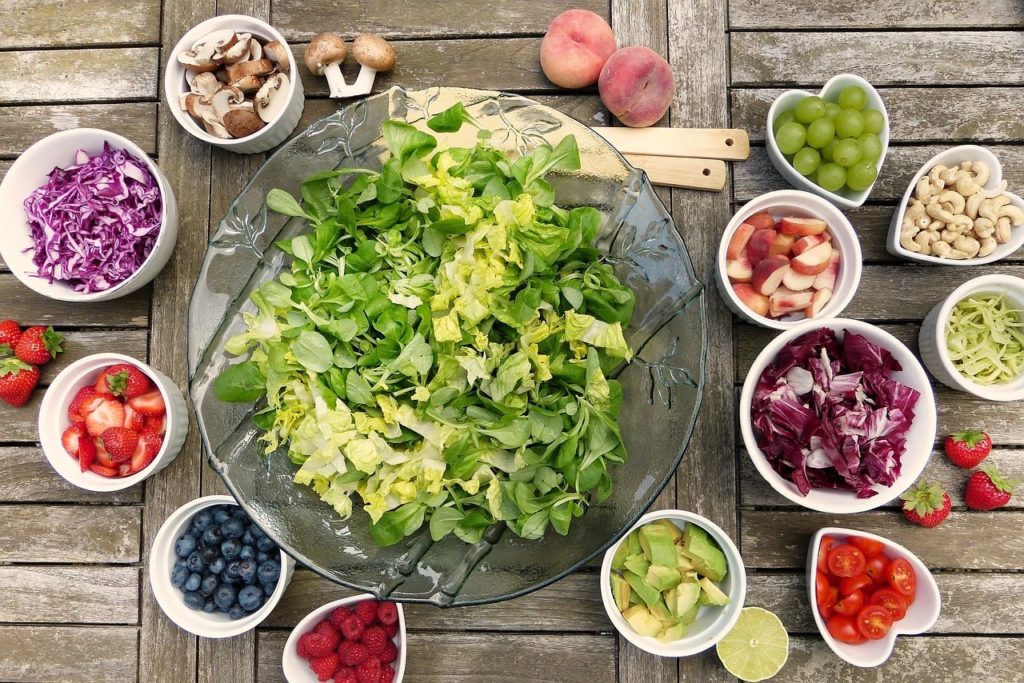
Instead of inhibiting your abilities to reach your strength training goals, you can use muscle recovery foods to help in feeling better faster. By stocking your fridge with the right foods, you will be healing your muscles and loading them up with the nutrients they need to get back to normal in a hurry. By finding out what the best foods for muscle recovery soreness are, you won’t hesitate to speed off to the gym and keep busting out those lifting sessions with the intensity that shows you results.
Cherries are One of the Best Foods for Muscle Soreness
Delayed onset muscle soreness or DOMS is what you start to feel after your workout has been completed. You aren’t going to start experiencing this kind of pain until 24 to 48 hours post-workout. It means that you are working your muscles. It doesn’t mean that you’ve hurt yourself and you should stop doing your physical routine or even increase it. DOMS is completely healthy.
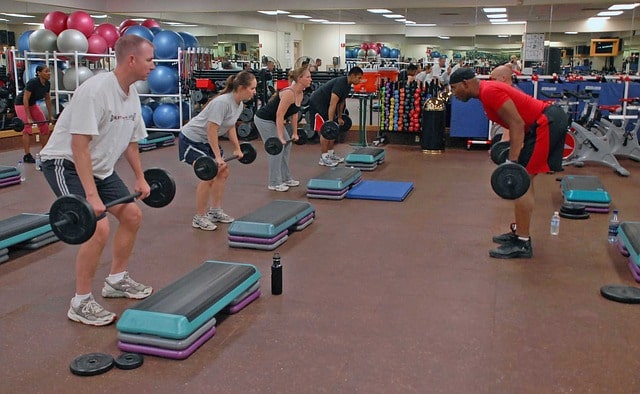
Research has shown that tart cherries are one of the muscle recovery foods that can help in the reduction of the discomforts more quickly. While you’re training, your body is producing waste materials. It doesn’t mean that you are doing wrong for your body, they just might take a while to dissipate. The nutrients in cherries, blueberries, and other darker-colored fruits all hold this same property.
One note to keep in mind is that you shouldn’t mix dairy with your cherries. The protein is going to soak up the antioxidant properties of the cherries, and your body isn’t going to get the effect that you are hoping for. The suggestion is to wait at least 60 minutes after consuming dairy to munch down your intake of cherries.
Leafy Greens and other Vegetables
The last thing you want to do after a workout is spike your blood sugar levels. You can increase them slowly with cruciferous veggies like Brussels sprouts, cauliflower, and broccoli or leafy greens including collards or rainbow chard.
These foods also reduce inflammation in the muscles and other parts of the body that may be suffering. More excellent health benefits include:
- Lowering cortisol that improves your body’s composition
- Improving hydration
- Support the metabolic rate found from the thyroid
Almonds & Other Nuts Are Ideal Foods for Sore Muscles and Joints
During your workouts, your body is using up the glucose that is present and turning it into glycogen. These are found stored in your muscle tissue and liver, so as it is removed, your body is going to get sore. In order to replenish what some consider to be a “healthy fat,” you can grab a handful of almonds or other nuts.
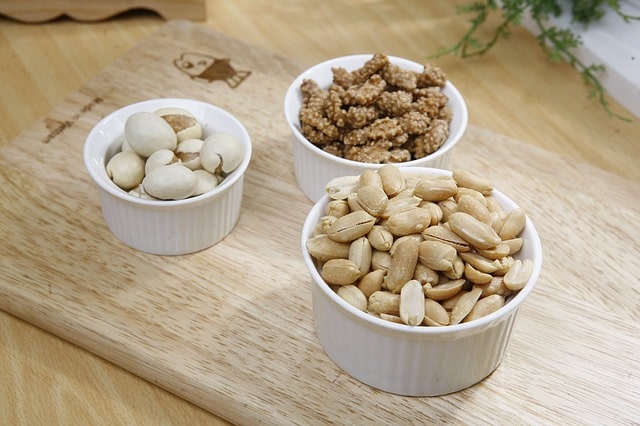
The omega-6 and omega-3 fat being balanced is known for the repairing of bones and a quicker recovery time. That will occur naturally with the nuts included in your diet. Be sure that you aren’t always eating the same variety of nuts. To get the most benefits, you’re going to have to eat a good mixture.
Each one holds different ingredients that work at repairing and strengthening various parts of the body. For instance, walnuts have an anti-fatigue property while Brazil nuts are better for recovery and hormone balancing.
Best Foods For Muscle Recovery and Growth Include Protein
There are a plethora of benefits to getting protein in as one of your muscle recovery foods including:
- Repair of damaged muscle fibers
- Refuels depleted energy
- Supports any changes in muscle fibers as a result of the workout
Researchers wanted to discover exactly what happened post workout based on how much protein was digested in 48 different men. The results showed that those that had 20 and 40-grams both had benefits to repair the muscle as well as recordable growth. Those that had 10 grams or less didn’t get as much or any benefits.
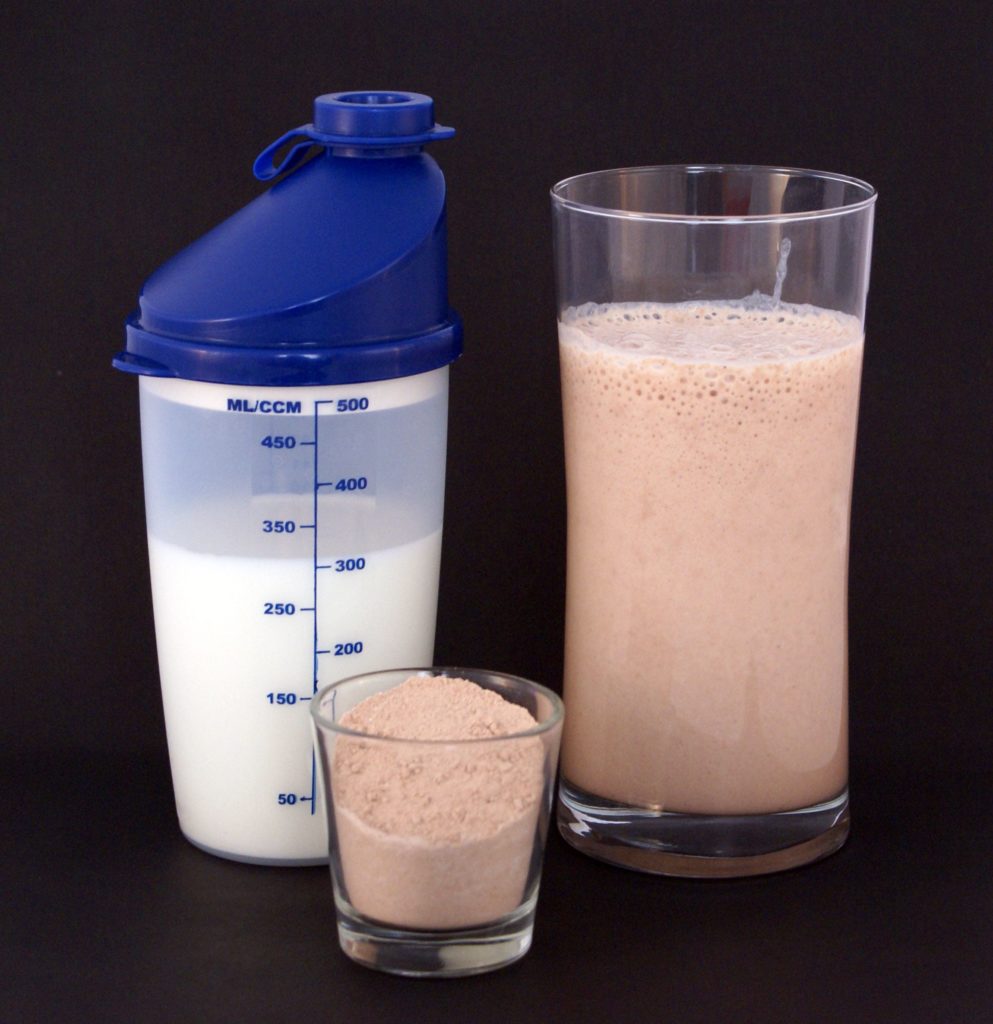
The reason is science and how the human body functions. Your body needs to complete something called muscle protein synthesis in order to repair any problems. That gets stimulated when you ingest a fast-digesting protein. Experts recommend that you get this ingredient through protein shakes that are rich in whey. They have the amino acid leucine that is the best for your system.
If you don’t have dairy protein or post-workout recovery drinks to help you get the desired lucine, you can also find it in eggs. Eggs are muscle recovery foods that hold many other attractive properties as well. They are antioxidants and contain the nutrients to increase energy and decrease inflammation.
Cinnamon Works For Tissue Repair
You may not have thought of cinnamon as one of the muscle recovery foods, but it holds nutrients that replenish glycogen and improve your sensitivity to insulin. Experimentation with the spice was done on a group of athletes that showed after intense training, their DOMS muscle problems were reduced by adding three grams of it to their diet.
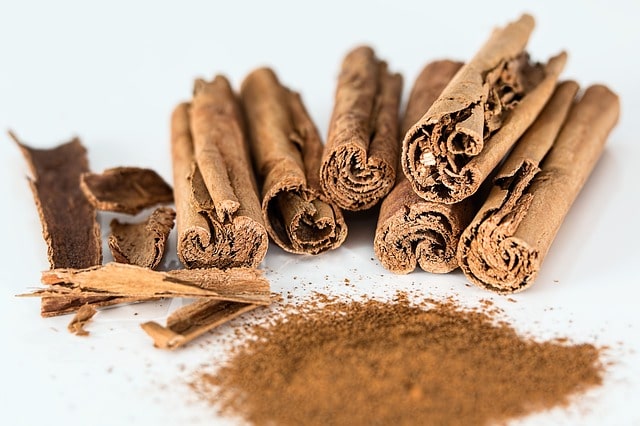
You might be thinking, “How can I get cinnamon into my regular foods?” Well, there are plenty of ways! Think about adding cinnamon to:
- Yogurt
- Coffee
- Tea
- Protein shakes
- Smoothies
- On vegetables
- Cook with it
Not only is cinnamon readily available, but it’s also cheap, and it tastes delicious. You really shouldn’t have any issue pumping it in somewhere throughout the day.
Stock Up on Ginger and Tumeric
In conjunction with cinnamon, ginger and turmeric also work at reducing DOMS. Once again, these ingredients have agents that help in blocking the harmful chemicals that get let out during your training session. Those dangerous chemicals can lead to inflammation. If you’re cooking your post-work meals and snacks with ginger and tumeric those will be blocked out.
They are both completely natural ingredients that have been used for centuries for the treatment of all kinds of different ailments. One or the other is often what people reach for when they prefer to keep dangerous pharmaceuticals out of their body.
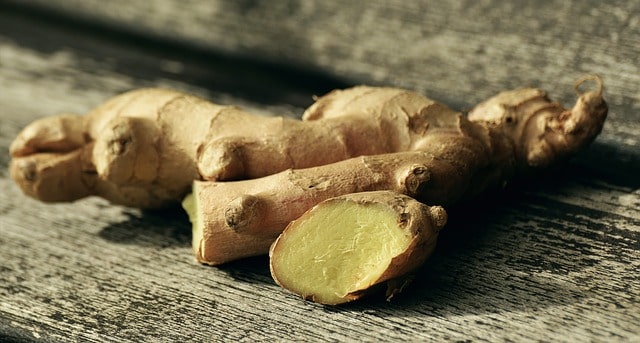
You can use them for the mentioned properties and as a bonus, for the antibacterial properties. So, not only do these muscle recovery foods help you get back to feeling normal again, but they can prevent you from getting sick too!
Do Bananas Help Sore Muscles?
Bananas do help sore muscles, but they aren’t necessarily one of the muscle recovery foods we are talking about here. Instead of eating a banana after your workout, you should be gobbling one up before you ever start.
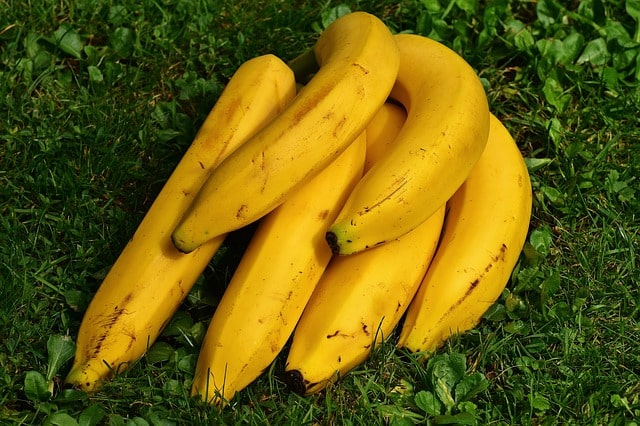
The potassium that is found in bananas is what keeps your muscles from spasming and cramping up. You should understand that eating one banana isn’t going to solve all of your cramping problems. You have to build up your levels on a regular basis as your muscles use potassium every time they exert energy. So adding them to your daily routine is going to definitely be beneficial.
Dr. Brent Wells is a graduate of the University of Nevada where he earned his bachelor’s of science degree before moving on to complete his doctorate from Western States Chiropractic College. He founded Better Health Chiropractic & Physical Rehab in Alaska in 1998. He became passionate about being one of the best chiropractors after his own experiences with hurried, unprofessional healthcare providers.
Works Cited
Campbell, M. (2017, August 14). Does Eating Bananas Help Release Leg Cramps? Retrieved July 31, 2018, from LiveStrong: https://www.livestrong.com/article/426650-why-do-bananas-release-leg-cramps/#Experts offer the skinny on search for healthy fat. (n.d.). Retrieved July 31, 2018, from Purdue News: https://www.purdue.edu/uns/html4ever/020204.Watkins.omega3.nat.htmlSarnataro, B. R. (n.d.). Sore Muscles? Don’t Stop Exercising. Retrieved July 31, 2018, from WebMD: https://www.webmd.com/fitness-exercise/features/sore-muscles-dont-stop-exercising#1What is Protein Synthesis. (2013, February 11). Retrieved July 31, 2018, from Protein Synthesis: http://www.proteinsynthesis.org/what-is-protein-synthesis/



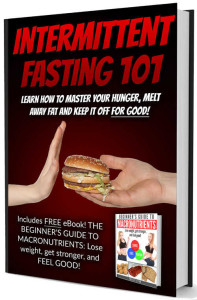
Speak Your Mind